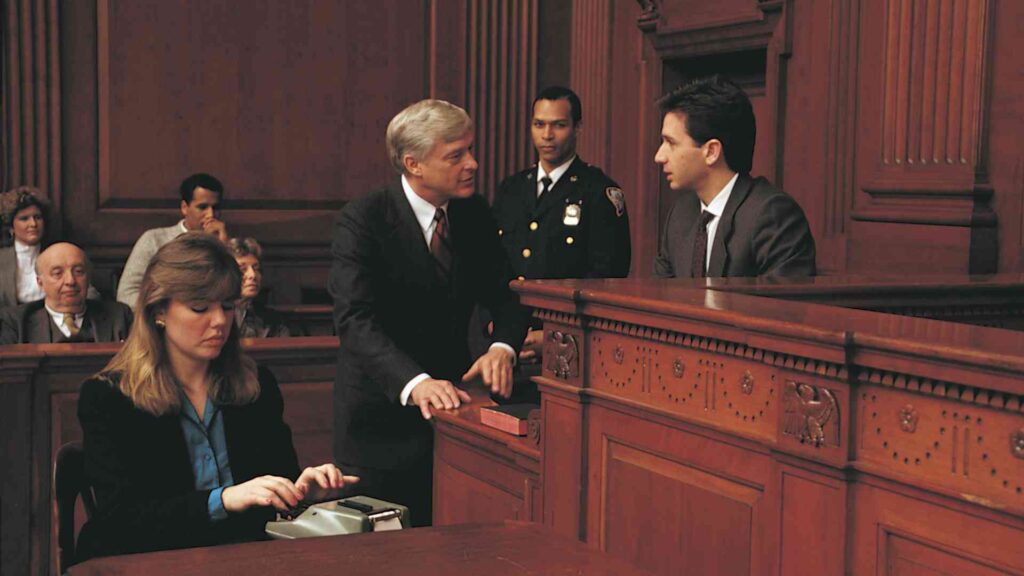Discover comprehensive information for all aspects of sexual health and find resources and guidance to empower your sexual well-being.
Erectile dysfunction (ED) is a condition that many men face at some point in their…
Discover comprehensive information for all aspects of sexual health and find resources and guidance to empower your sexual well-being.
Erectile dysfunction (ED) is a condition that many men face at some point in their…
Painful erections never indicate normalcy, and sometimes signal a medical emergency. Severe pain may necessitate…
The underlying cause as well as the severity of pain determine the varied treatment approaches…
The pelvic floor muscles are the unsung heroes of our body’s core, providing support to…
The International Society for the Study of Women’s Sexual Health describes Hypoactive sexual desire disorder…
Erectile dysfunction (ED) is a condition that affects many men worldwide, leading to significant stress,…
Prostate health is a critical concern for men, especially as they age. The prostate gland…
We generally feel confident about our memory. Memories are held in such high regard that eyewitness testimony can make or break a court case.
Despite our belief in the accuracy of our memories, research has revealed that they are often unreliable. We tend to overestimate our own role in past events, and we may fill in gaps in our knowledge with information that is probable but not necessarily correct.
A single word can significantly impact our memory recall of a highly memorable event, as demonstrated in a well-known study conducted by American psychologists Elizabeth Loftus and John Palmer.
Related: What Is The Anchoring Effect?
Table of Contents
ToggleElizabeth Loftus, a memory expert, initially focused her studies on the organization of semantic memory, which involves the retention and retrieval of factual information.
However, while exploring the intricacies of memory storage, Loftus became aware of the necessity to translate her discoveries into practical applications. This realization led to her interest in eyewitness testimony.
Loftus revolutionized our perception of eyewitness testimony by showing that exposure to misinformation, especially through suggestive questioning, can significantly alter and distort memories.
Despite its discouraging implications, the discovery of the misinformation effect is arguably one of the most significant findings of cognitive psychology in recent decades.
Elizabeth Loftus had a personal realization of how misinformation can create false memories. When she was 14, her mother drowned in a swimming pool, and in her 40s, her uncle told her that she had discovered her mother’s body.
Loftus did not recall specific details of the event, but after her uncle’s revelation, memories started resurfacing. However, her brother later corrected her uncle’s account, and this experience made Loftus apprehensive about how her research manifested in her life. It showed her how a fabricated memory of a traumatic incident could be implanted in someone’s mind.
It’s important to note that false memories do not involve incorrectly remembering specific events but instead involve believing in the reality of events that never occurred.
People with false memories can be adamant about the event’s authenticity and earnestly insist on its occurrence despite contradictory evidence.

Elizabeth Loftus and John Palmer conducted a study in 1974 to explore the impact of language on eyewitness testimony.
They were specifically interested in the effect of leading questions, which are questions that suggest or prompt a particular answer, intentionally or unintentionally.
Their goal was to understand how these types of questions could potentially distort an eyewitness’s memory of an event.

In this study, participants were shown a video recording of a car crash and were then asked to estimate the speed of the cars at the time of the accident.
The researchers varied the verb used to describe the crash when asking the question to different participants, in order to investigate the impact of different verbs on participants’ memories of the event. The five verbs in question were “smashed,” “collided,” “bumped,” “hit,” and “contacted.”
The results showed that when participants were asked “About how fast were the cars going when they contacted each other?” they gave a lower average speed estimate compared to those who were asked how fast the cars were going when they “smashed into” each other.

This finding highlights the significant effect that changing a single critical verb in a sentence can have on an eyewitness’s memory.
| VERB USED IN CRITICAL QUESTION | AVERAGE SPEED ESTIMATE (MPH) |
| Smashed | 40.8 |
| Collided | 39.3 |
| Bumped | 38.1 |
| Hit | 34.0 |
| Contacted | 31.8 |
In a subsequent trial, Loftus and Palmer presented a comparable video of a car crash to a fresh group of participants and asked them about the speed at which the cars “collided” or “bumped into” each other. This time, they included a control group who were not questioned about the speed (refer to the table below).
One week later, the researchers surveyed the same participants to determine if they had noticed any shattered glass in the footage. Once again, the researchers found that the verb used a week prior had a significant impact on the participants’ recollections.
| RESPONSE | VERB CONDITION | ||
| SMASHED | HIT | CONTROL | |
| Yes | 16 | 7 | 6 |
| No | 34 | 43 | 44 |
Surprisingly, even though there was no depiction of shattered glass in the video, a few individuals from the control group recollected the event inaccurately.
The experiments demonstrated that post-event information is as crucial for memory as the actual experience. This information can not only alter memories but also form new ones. For instance, participants in the study recalled seeing glass even though there was no such visual cue.
This underscores the peril of relying solely on eyewitness accounts for evidence. It also emphasizes the significance of meticulously interrogating witnesses soon after an incident. This will prevent further contamination or distortion of their recollections, which cognitive biases can already influence.
Related: What Is The Availability Heuristic?
While it is true that some memories of abuse may be false, it is important to acknowledge that genuine cases of abuse do exist and are often underreported or unspoken of. These cases could vastly outnumber the instances of falsely recovered memories.
Nevertheless, the sensitivity of this subject has sparked significant controversy around Loftus’s research. Particularly since she has testified in high-profile cases involving notorious criminals such as Ted Bundy, the Menéndez Brothers, the Hillside Strangler, and the Oklahoma City bombers. Some victims’ advocates and abuse survivors have criticized Loftus, alleging that her work undermines their experiences.
However, it is crucial to understand that Loftus’s identification of the possibility of false memories being formed under specific circumstances does not invalidate the genuine stories of abuse survivors.
Moreover, her research does not imply that individuals who report false memories are intentionally lying. Instead, Loftus’s work reveals the unreliability of traumatic and emotional memories, which can be easily influenced and distorted.
Elizabeth Loftus has significantly impacted perceptions beyond academia, particularly in how criminal trials view eyewitness testimony. Many wrongful convictions, later overturned due to DNA evidence, relied on eyewitness testimony.
Loftus’s research has resulted in increased scrutiny in cases involving recovered memories and has stimulated additional investigations into the vulnerability and unreliability of human memory.
Reflect on your earliest memory. Were you two, five, or ten years old? What do you remember precisely? Suppose it was a birthday party, a broken arm, a disappointing Christmas, your parents’ divorce, or a trip to Walt Disney World. When you visualize this experience, can you be certain of your recollection?
It’s possible that you’re not recollecting the experience itself, but rather someone else’s repeated account of it. Your family might have shared this story with everyone, and you may have retold it to dozens of others. It may have become so integral to your personal narrative that you’re recalling the retelling of the story rather than the story itself. Moreover, in this digital age, you might be remembering a picture of it.
Loftus’s research has unequivocally shown that memory is susceptible to serious flaws. Flaws occur not just in mundane events or single moments, but also in determining whether events even occurred.
As we continue to document our lives at an exponential rate, we may wonder where we’ll find genuine memories amid it all.
References:
Dr. Nishtha, a medical doctor holding both an MBBS and an MD in Biochemistry, possesses a profound passion for nutrition and wellness. Her personal journey, marked by significant struggles with physical and mental health, has endowed her with a unique empathy and insight into the challenges countless individuals face. Driven by her own experiences, she leverages her background to offer practical, evidence-backed guidance, empowering others on their paths to achieving holistic well-being. Dr. Nishtha truly believes in the interconnectedness of the mind and body. She emphasizes the significance of understanding this connection as a crucial stride toward attaining balance and happiness in life.

